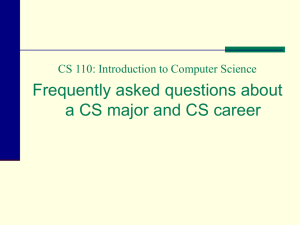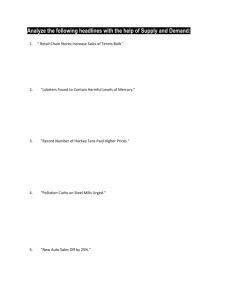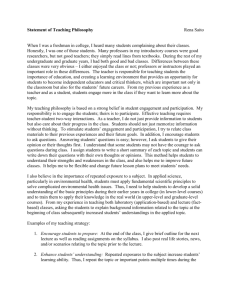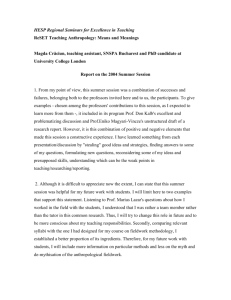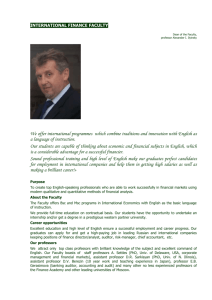Academic Tips for students - ISS - University of Wisconsin–Madison
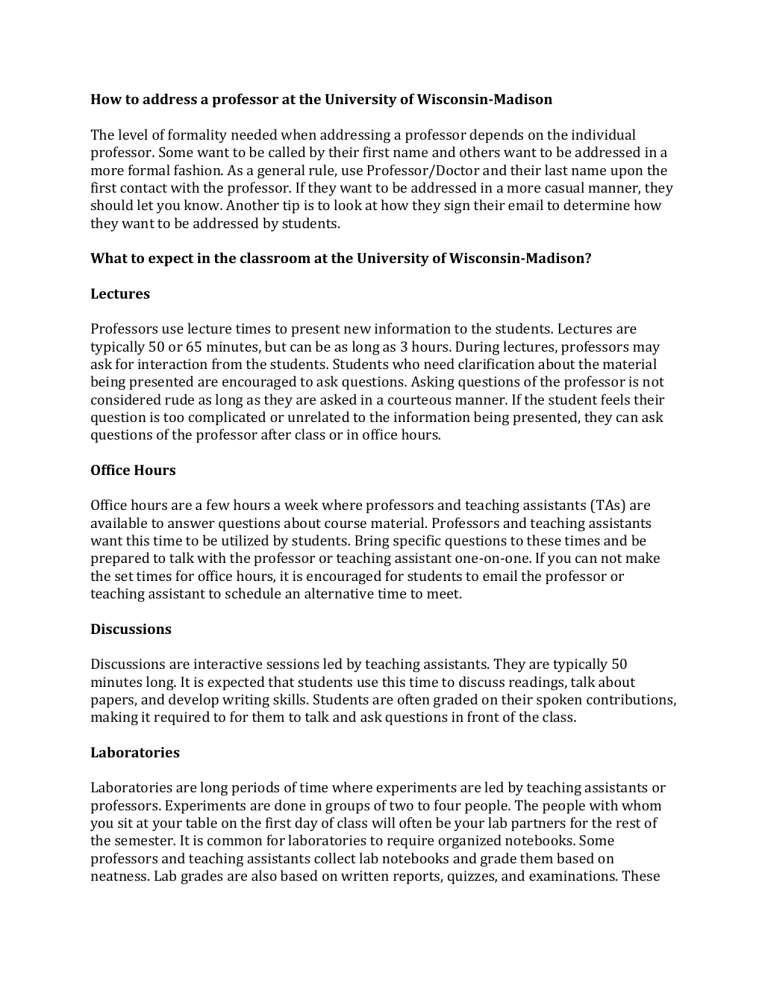
How to address a professor at the University of Wisconsin-Madison
The level of formality needed when addressing a professor depends on the individual professor. Some want to be called by their first name and others want to be addressed in a more formal fashion. As a general rule, use Professor/Doctor and their last name upon the first contact with the professor. If they want to be addressed in a more casual manner, they should let you know. Another tip is to look at how they sign their email to determine how they want to be addressed by students.
What to expect in the classroom at the University of Wisconsin-Madison?
Lectures
Professors use lecture times to present new information to the students. Lectures are typically 50 or 65 minutes, but can be as long as 3 hours. During lectures, professors may ask for interaction from the students. Students who need clarification about the material being presented are encouraged to ask questions. Asking questions of the professor is not considered rude as long as they are asked in a courteous manner. If the student feels their question is too complicated or unrelated to the information being presented, they can ask questions of the professor after class or in office hours.
Office Hours
Office hours are a few hours a week where professors and teaching assistants (TAs) are available to answer questions about course material. Professors and teaching assistants want this time to be utilized by students. Bring specific questions to these times and be prepared to talk with the professor or teaching assistant one-on-one. If you can not make the set times for office hours, it is encouraged for students to email the professor or teaching assistant to schedule an alternative time to meet.
Discussions
Discussions are interactive sessions led by teaching assistants. They are typically 50 minutes long. It is expected that students use this time to discuss readings, talk about papers, and develop writing skills. Students are often graded on their spoken contributions, making it required to for them to talk and ask questions in front of the class.
Laboratories
Laboratories are long periods of time where experiments are led by teaching assistants or professors. Experiments are done in groups of two to four people. The people with whom you sit at your table on the first day of class will often be your lab partners for the rest of the semester. It is common for laboratories to require organized notebooks. Some professors and teaching assistants collect lab notebooks and grade them based on neatness. Lab grades are also based on written reports, quizzes, and examinations. These
requirements are often separate from the lecture portion of a course in which students may be enrolled.
What to expect during examinations at the University of Wisconsin-Madison
Scantron
A scantron is a sheet of paper consisting of empty bubbles. These sheets are used for multiple choice or true/false sections of examinations. Students enter their information, including their student identification number, at the top of the sheet before the exam starts.
Once the exam begins, students fill the bubble of the letter they answered beside the question number. After the exam, machines process the scantrons and send score sheets to the professor. The machine only recognizes number two pencils, so it is imperative to use a number two pencil to fill in bubbles on the scantron sheet.
Blue Book
Blue books are small packets of paper that are used for essay and short answer portions of examinations. They are named blue books because the front and back covers are made of light blue paper. Students fill out their information on the front before the exam starts.
Once the exam begins, students are expected to write all of their essays and short answers in the book. Anything that is not in the book will not be graded.
NOTE: Some professors use regular paper exams where answers are recorded on the exam itself. These exams tend to be a combination of multiple choice, short answer, and essays.
What to expect during exam week?
Exam week is typically the Sunday-Saturday after the last day of classes. On these days, most courses conduct their final exams. Exam times can be as early as 7:45am and as late as 9pm. Exam times do not correlate with what time a class is normally held during the semester.
What does academic integrity mean?
Please see our online workshop on academic integrity for more information.
PROVIDE LINK HERE
What are some resources for academic help?
GUTS
GUTS stands for Greater University Tutoring Services, a campus group that provides various levels of academic support including:
Tutoring
Conversational English
Study skills workshops
Time management information
Exam preparation information
More information about GUTs can be found at the following link: http://guts.wusc.edu
Departmental Tutors
Tutoring specific to a particular area of study can be found at that department’s website.
For example, organic chemistry tutors can be found on the chemistry department’s website.
Advising Website
For information regarding advising and class selection at the undergraduate level, check out the following website. https://advising.wisc.edu/

